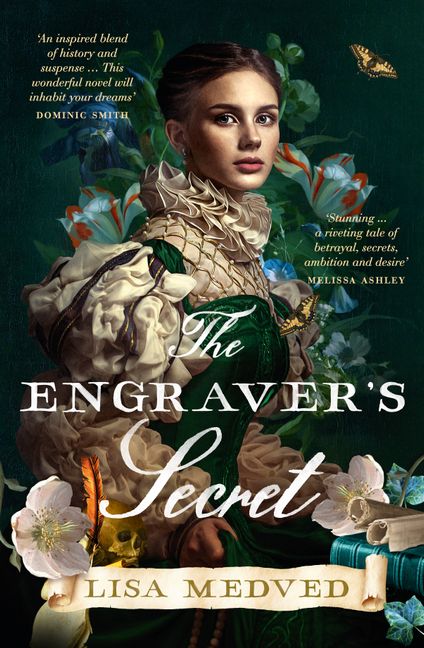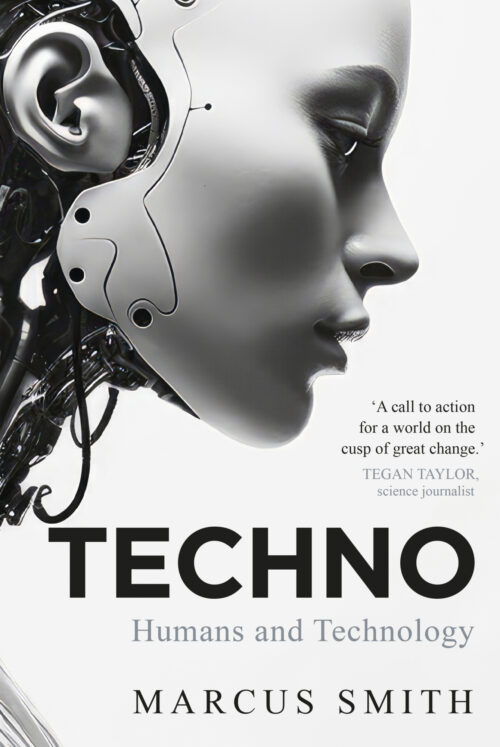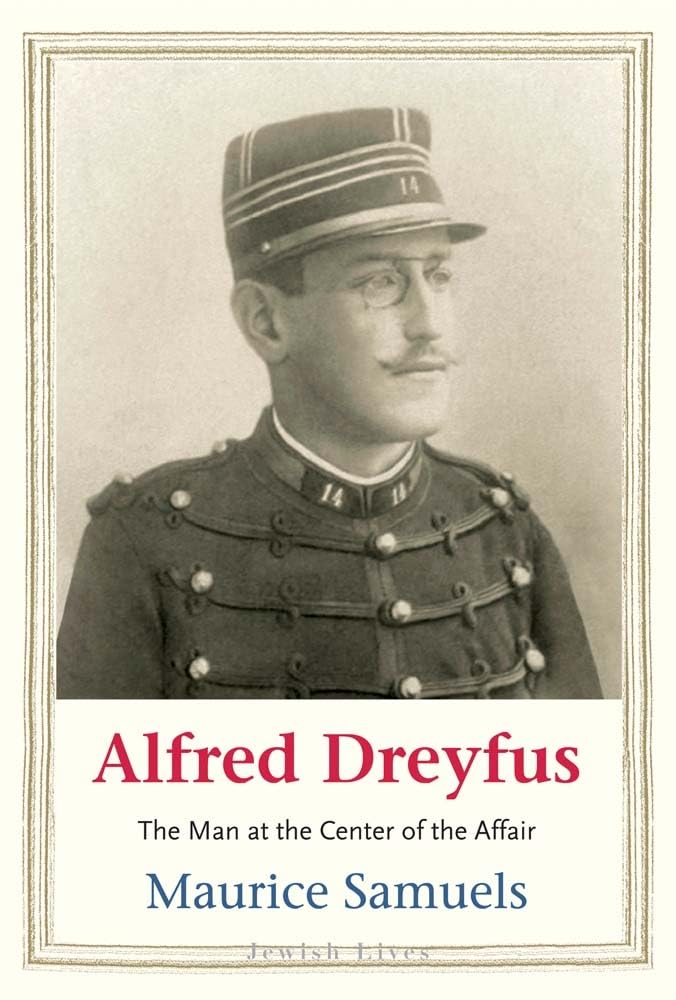Letters - November 2006
Behind the ‘myth’
Dear Editor,
As an unexpected child of the Depression years, I know how one working-class family coped with the economic difficulties that Geoffrey Bolton refers to in his review of David Potts’s The Myth of the Great Depression (October 2006). My father was an unskilled labourer, often out of work. His wages were supplemented by a small war-service disability pension. Some proportion of this income was handed over to my mother, who was expected to pay the mortgage, manage the household and feed five mouths (for I had two older siblings). Even with the income from occasional embroidery and dressmaking that she undertook, this was impossible. Her solution, when we sat down for dinner, was to put out five plates, leaving her own place empty. If my father asked why she was not eating, she would say she was not hungry, and would retire to the kitchen to weep or to find a piece of bread or fruit. So it was not half the population of the household that went hungry, only twenty per cent.
Ken Goodwin, Indooroopilly, Qld
Know your enemy
Dear Editor,
The forced removal of two books – Join the Caravan and Defence of the Muslim Lands – from the University of Melbourne’s library threatens both our freedoms and our capacity to respond to terrorism.
Australia’s liberal and tolerant way of life is based on respect for one another’s views and the freedom to state our opinions without fear of retribution or arrest. We have so many wonderful authors because they have the freedom to explore ideas and to stimulate us with their creativity. The freedom to read, see or hear what we want is a central element of the Australian way of life. We expect and make hearty comment when we disagree with others, but we respect their right to express their views. Banning books takes away not only our right to read the opinions of others but also our right to disagree with what they say. We can’t refute what we can’t read.
Even at the height of anti-communism in the 1950s, it was argued that we need to be able to read communist writings on the principle of ‘know your enemy’. In the post-9/11 world, and after the terrorist outrages in Madrid, London, Bali and Thailand, this is even more important. If we can’t read what extremists are saying, we can’t understand their thinking or present alternative views. Nor can we guard against their threats.
For universities, the freedom to research and study is central. Universities exist to educate the leaders of the future and to research important matters for society. Those matters include the security of Australia, as the national research priority ‘Safeguarding Australia’s frontiers’ confirms. It is absolutely essential that our students and researchers can study the difficult questions of what poses a threat to Australia, whether it be environmental damage, economic risk or terrorist threat. If the students and researchers can’t read the opinions of others – including the most extreme – then they can’t research the issues effectively.
It is the job of Australia’s university and other libraries to make available the information which enables that research. If they are constrained from doing so, we are all at risk.
Council of Australian University Librarians
Australian Library and Information Association
Australian Society of Authors
International Federation of Library Associations and Institutions
What’s it come to?
Dear Editor,
I have a complaint concerning the October issue of ABR. Jennifer Harrison is a major Australian poet, and her collection Folly & Grief, published by Black Pepper, is a major work, a stunning collection of technically dazzling, superbly poised and breathtakingly moving poems. Why was this book relegated to the ‘In Brief’ section in the back pages of ABR, this while a biography of Shane Warne received a full page, including a large photograph of Warne and Pamela Anderson? Is this reflective of what literary criticism in this country has come to?
This situation is all the more disconcerting when one considers the generosity Jennifer Harrison has unstintingly shown the poetry and wider literary community over many years. The ‘review’ by Melissa Ashley does nothing to ameliorate the problem. It begins with a mistake: Folly & Grief is not Harrison’s third individual collection of poetry, but her fourth (the second sentence of the book’s biographical notes reveal this for those unfamiliar with her work); and the review continues with a mere recitation of a fraction of the characters, themes and subject matter, padded with quotes. Even worse, Ashley seems to have read this book as if it was an essay: ‘Ultimately Harrison’s conclusions are ambiguous.’ Poetry must have conclusions? Poetry can’t be ambiguous?
Ashley pays no attention to the poetics of a 130-page collection that is dazzling in its command of the line, and in its diversity as a meeting of free verse and formal techniques; nor to the commedia dell’arte that becomes a deeply researched composite and protean metaphor in Harrison’s expert hands. A surface reading of poetry – especially poetry as multi-layered and subtle as this – is no reading at all.
I would recommend Folly & Grief to anybody who loves poetry as both alchemical craft and as an experience of deep feeling and insight; who knows the difference between ‘conclusion’ and poetic resolution; and who is interested in reading the leading poetry being written in this country.
Mal McKimmie, St Kilda East, Vic.
Correction
A layout error in the October issue may have puzzled readers of John Jenkins’ review of Mal McKimmie’s Poetlileptic: a section of the text was arbitrarily cut. Readers can view the review in its entirety on our website (www.australianbookreview.com.au). For the record, Jenkins described Poetileptic as ‘bear[ing] the thumbprints of a seasoned poet with a fully developed sensibility, and one strongly in command of his subject matter and craft’. Apologies to John Jenkins and Mal McKimmie.





Leave a comment
If you are an ABR subscriber, you will need to sign in to post a comment.
If you have forgotten your sign in details, or if you receive an error message when trying to submit your comment, please email your comment (and the name of the article to which it relates) to ABR Comments. We will review your comment and, subject to approval, we will post it under your name.
Please note that all comments must be approved by ABR and comply with our Terms & Conditions.